
Winning Hearts and Minds Is Not for Amateurs: Preparing to Negotiate
Versandkostenfrei!
Versandfertig in über 4 Wochen
53,99 €
inkl. MwSt.

PAYBACK Punkte
27 °P sammeln!
U.S. military forces have repeatedly been expected to perform in peacekeeping, nationbuilding and other non-kinetic roles throughout history. However, in recent years, the U.S. military has been awakened to its lack of preparedness for full spectrum operations. Two factors, the publication of DoD Directive 3000.05 and recent studies of negotiation in Iraq may help pave the way for improved training in negotiation, one of these non-kinetic skill areas. Reviewing these recent reports led the author to assess the negotiation training currently provided to Provincial Reconstruction Teams (PRT). Li...
U.S. military forces have repeatedly been expected to perform in peacekeeping, nationbuilding and other non-kinetic roles throughout history. However, in recent years, the U.S. military has been awakened to its lack of preparedness for full spectrum operations. Two factors, the publication of DoD Directive 3000.05 and recent studies of negotiation in Iraq may help pave the way for improved training in negotiation, one of these non-kinetic skill areas. Reviewing these recent reports led the author to assess the negotiation training currently provided to Provincial Reconstruction Teams (PRT). Likewise, to provide additional perspective, the author examined how the Canadians prepare their PRTs to negotiate effectively. This report examines current negotiation training provided to U.S. and Canadian PRTs and evaluates the current training. After reviewing both training programs, some areas for improvement were noted. The training provided to U.S. PRTs is improving every year, but should include more academics, more practice negotiating, and training for all team members. To their credit, U.S. PRT trainers have developed a very realistic "capstone" exercise at the end of training which well prepares the teams to deploy. On the other hand, the Canadians have a very solid negotiation training program which includes much training and practice for all team members, but one that would be improved with practice in a challenging role-play scenario, reflecting a realistic Afghani cultural environment.




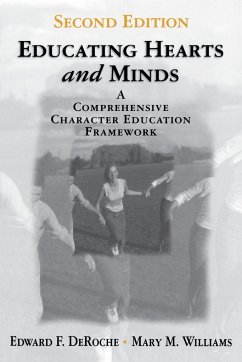



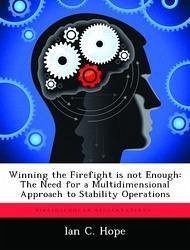
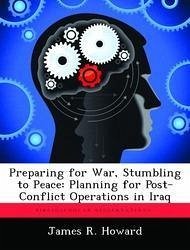
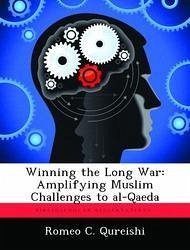
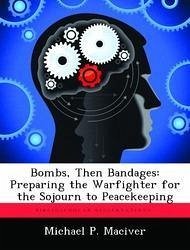
![Preparing to Teach [microform]: For Study by Sabbath-school Teachers and Training Classes Cover Preparing to Teach [microform]: For Study by Sabbath-school Teachers and Training Classes](https://bilder.buecher.de/produkte/65/65487/65487668n.jpg)